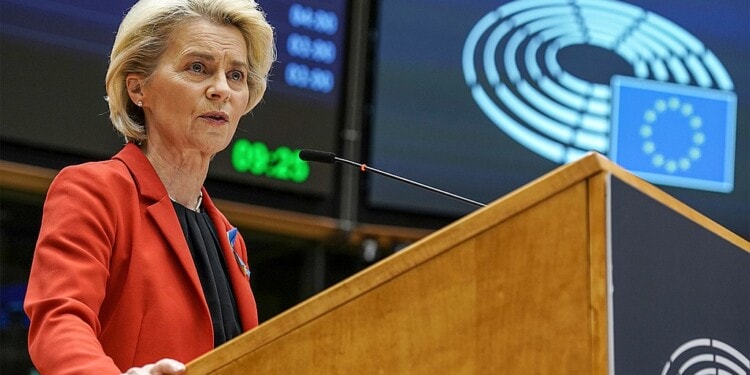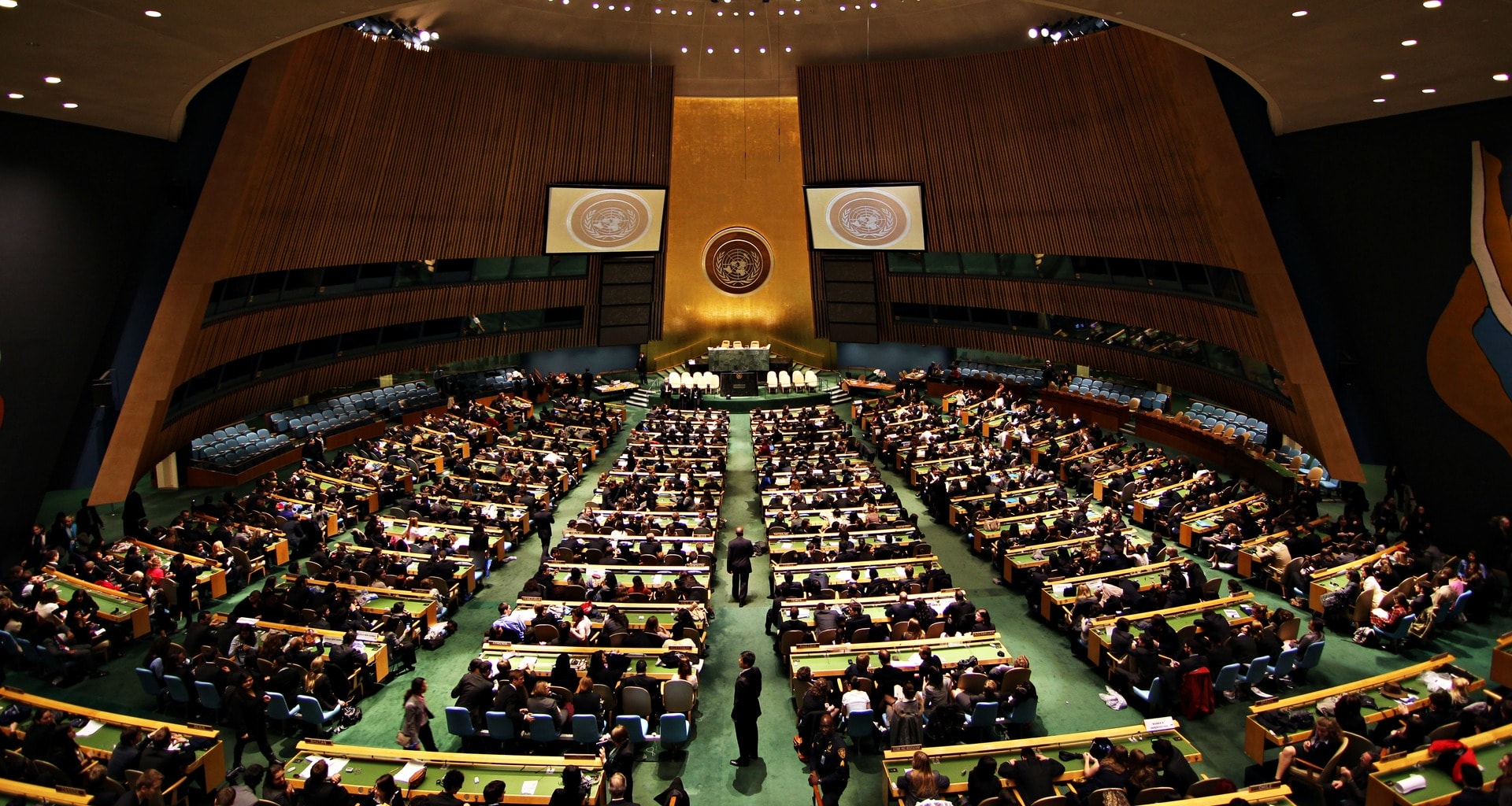Saturday could well become a turning point in the history of relations between the tech world and institutions, as the European Union reached an agreement on the Digital Services Act, a piece of legislation that would better protect users’ fundamental rights online.
The Act harmonizes rules and creates a level-playing field against providers of illegal content and restricts tech giants’ operations to avoid sharing divisive content and ads targeted through sensitive information.
The structure of the Digital Services Act
The text includes regulations for different online actors, depending on their role, size and impact:
- Intermediary services (Internet Access Providers)
- Hosting services (Hosting Services)
- Online platforms (Online marketplaces or social media platforms)
- Very large online platforms (tech giants like Google or Meta)
The obligations included in the policy papers are organized cumulatively so that the bigger the organization is, the larger the set of rules and restrictions is.
For example, transparency in reporting and collaboration with national regulating authorities is required by every actor. Ads targeted to children are banned for any online platform regardless of the size, while certain obligations are exclusive to very large platforms.
Examples include drafting codes of conduct and engage in crisis response cooperation, as crises like the Ukrainian war or the covid pandemic showed how the internet could add to the impact of an emergency by spreading disinformation or aiding online frauds. Moreover, users will be able to choose not to have recommendations based on profiling, and such platforms will be required to share precise data on their work with authorities and researchers.
Can it work? It all boils down to enforcement
Around 200 people will be hired to enforce the new laws, and some commentators consider such a figure as inadequate to challenge global companies, which have an almost infinite set of resources to counter them.
Without proper enforcement, the new laws will remain bold statements of principle and fail to impact concretely.
The criticism is in part sustained by the evolution of the G.D.P.R. legislation established in 2018, as in that context, online operators circumvented rules on data protection by spamming consent pop-ups. Many users, faced with an avalanche of pop-ups, found themselves quickly agreeing to anything just to get them out of the way and “get on with it”.
Related Articles: EU Makes Progress on Digital Regulations, Challenging Big Tech |
The critical difference in approach in the enforcement of these two policy acts is how they are implemented: the Digital Services Act enforcement will be carried out in Brussels directly by the European Commission, while previous pieces of legislation on online regulations were left to be monitored by national authorities.
Another recurrent criticism is that fines imposed by these acts have little effect on tech giants, which generate annually immense levels of income. However, the European Commission has the authority to charge fines that amount to 6% of global revenue, and in any case, reputational damage is believed to be a much scarier threat for multinational companies.
Yes, we have a deal!
With the #DSA, the time of big online platforms behaving like they are “too big to care” is coming to an end.
A major milestone for 🇪🇺citizens.
Congratulations to the European Parliament & Council and thank you to the great EU team working countless hours! pic.twitter.com/jmCoZMQ3lO
— Thierry Breton (@ThierryBreton) April 23, 2022
The Act would take force from next year, making it the most severe attempt at regulation of online markets and services to date. Implementation details on the text still have to be worked out, and companies could have a say in this. Google claimed that it supports the general goals of the Act and that it will work closely with policymakers to make sure that final rules are implemented in a way that is not detrimental to the goals of the text itself. Indeed, the Act could harm smaller businesses or the whole European digital market.
Whatever the detailed rules and the enforcement mechanism will be, the Act is viewed as an urgent necessity by the public at large. This, other than being a general instinctive feeling, is also a fact confirmed by statistics.
According to the open public consultation on the digital services act, 92% of respondents believe transparency from service providers is essential to protect users’ freedom of expression. Moreover, 65% believe the internet is not safe for use.
According to Statista, Millenials spend between 4 and 5 hours on the internet each day. Putting together the two statistical findings above, one sees that vast portions of society feel exploited and in danger for a quarter of their daily activities.
That includes the time spent reading this article.
Editor’s Note: The opinions expressed here by Impakter.com columnists are their own, not those of Impakter.com. — In the Featured Photo: The president of the European Commission Ursula Von Der Leyen. Featured Photo Credit: Wikimedia Commons.








